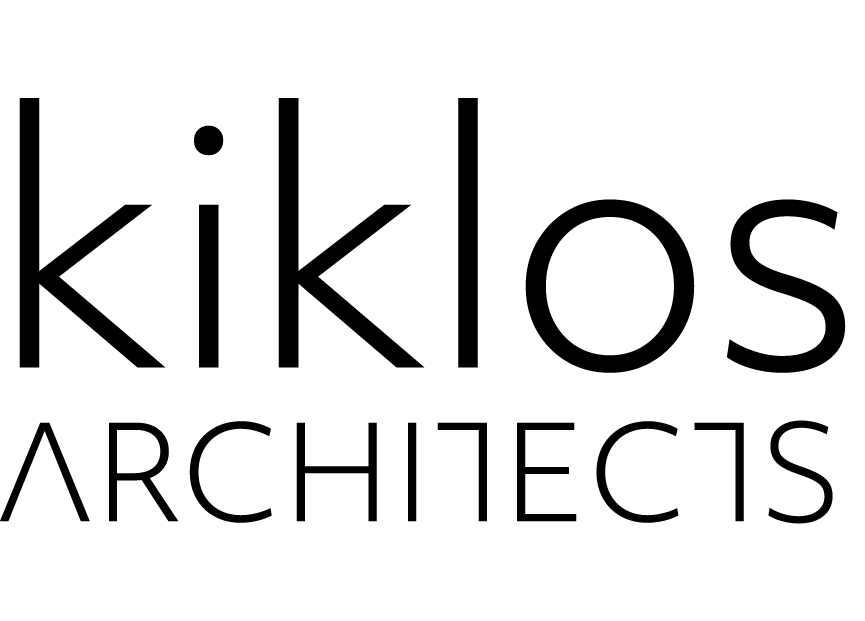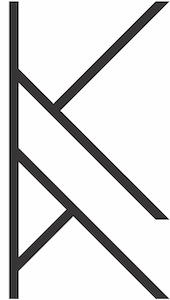

kiklos architects

Dubai, United Arab Emirates
February 2023
Architecture design & planning
Service with Minor Environmental Footprint
United Arab Emirates
kiklos architects is an award-winning boutique architectural design studio founded in 2020 and based in the United Arab Emirates. The company specializes in providing comprehensive architectural and interior design consultancy services for commercial, hospitality, and luxury residential projects within the Middle East and beyond, combined with its expertise in product/furniture design as well. The studio’s team is deliberately small in order to maintain a maximum degree of involvement and personalization in working with each client. The kiklos architects team prioritizes the individual interests of each client, applying a creative and disciplined approach to the implementation of projects. All phases of work are carried out with a commitment to quality and reliability and using sustainable processes and materials. The innovative solutions and unique perspectives that the studio implements allow the creation of structures with optimal use of space. Another integral part of kiklos architects’ business rests on commitment towards the Environment, People, and Society and to high standards of Governance and Business Ethics.
Overall B Impact Score
Governance 7.0
Governance evaluates a company's overall mission, engagement around its social/environmental impact, ethics, and transparency. This section also evaluates the ability of a company to protect their mission and formally consider stakeholders in decision making through their corporate structure (e.g. benefit corporation) or corporate governing documents.
What is this? A company with an Impact Business Model is intentionally designed to create a specific positive outcome for one of its stakeholders - such as workers, community, environment, or customers.
Workers 32.8
Workers evaluates a company’s contributions to its employees’ financial security, health & safety, wellness, career development, and engagement & satisfaction. In addition, this section recognizes business models designed to benefit workers, such as companies that are at least 40% owned by non-executive employees and those that have workforce development programs to support individuals with barriers to employment.
Community 34.1
Community evaluates a company’s engagement with and impact on the communities in which it operates, hires from, and sources from. Topics include diversity, equity & inclusion, economic impact, civic engagement, charitable giving, and supply chain management. In addition, this section recognizes business models that are designed to address specific community-oriented problems, such as poverty alleviation through fair trade sourcing or distribution via microenterprises, producer cooperative models, locally focused economic development, and formal charitable giving commitments.
Environment 10.9
Environment evaluates a company’s overall environmental management practices as well as its impact on the air, climate, water, land, and biodiversity. This includes the direct impact of a company’s operations and, when applicable its supply chain and distribution channels. This section also recognizes companies with environmentally innovative production processes and those that sell products or services that have a positive environmental impact. Some examples might include products and services that create renewable energy, reduce consumption or waste, conserve land or wildlife, provide less toxic alternatives to the market, or educate people about environmental problems.
Customers 3.2
Customers evaluates a company’s stewardship of its customers through the quality of its products and services, ethical marketing, data privacy and security, and feedback channels. In addition, this section recognizes products or services that are designed to address a particular social problem for or through its customers, such as health or educational products, arts & media products, serving underserved customers/clients, and services that improve the social impact of other businesses or organizations.